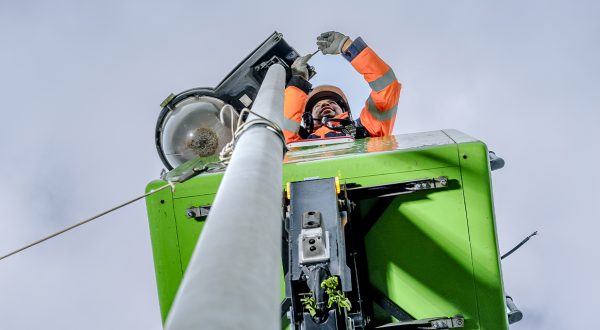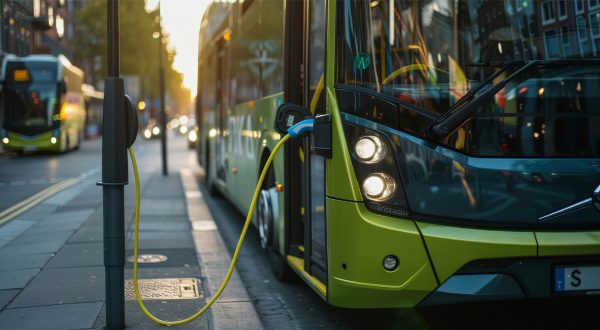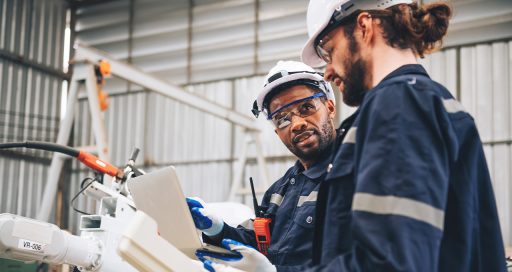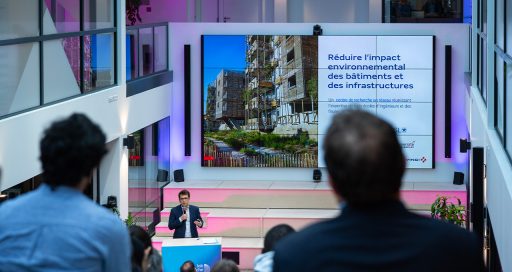To test and validate a shared mobility service for commuting between home and work in real-world conditions – this is the aim of Trapeze, an ambitious project for decarbonising road use being supported by VINCI Energies.
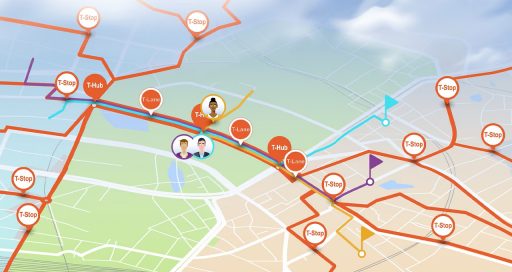
With 85% of personal journeys in France being made by road, there is little doubt that, despite committed efforts to develop rail travel and soft mobility, road travel will continue to predominate for a long time to come.
The France 2030 strategic plan demands an acceleration in decarbonising mobility solutions, which are alone responsible for almost one-third of the country’s greenhouse gas emissions, and the decarbonisation of road use must therefore be a primary objective. While waiting for a fully electric solution that will itself take time, a variety of testing grounds have emerged, at smaller or larger scales. One such is the TRAPEZE project.
Carpooling lanes linked to the multimodal network
A consortium of interested parties (VINCI Autoroutes, VINCI Energies, Ecov, Nokia Bell Labs and Cerema) is supporting TRAPEZE, whose name is an acronym from the French for “zero-emission shared autonomous road transport”. The project aims to act on two levers: increasing vehicle occupancy rates (combating solo driving and its negative externalities) on one hand; and controlling and improving traffic flows on the other.
“Developing carpooling routes, just as you now have bus routes”
How? By encouraging carpooling on the daily commute between home and work, using regulated, reserved lanes. “It’s basically a question of developing carpooling routes, just as you now have bus routes,” explains Emmanuel Jolly, Business Unit Manager at Actemium Paris Transport SDEL INFI. “The difference is that vehicles will come along far more frequently, and they will not be travelling right from one end of the route to the other, but transporting people along sections specified beforehand by the drivers. For this to work, the routes must interlink with road and rail-based public transport systems, to make daily carpooling a normal part of an intermodal approach.”
Passenger matching application and traffic regulation system
The Trapeze project won the “Automated road mobility, connected low-carbon service infrastructure” call for projects, a component of the fourth Investment for the Future Program, (PIA4) – France 2030.
This three-year project will test an integrated package of services under real-world conditions and on existing infrastructure (initially, the A86 Duplex). Once implemented, the package will include a carpooling route, traffic regulation system, passenger matching application, and mobility hubs, in which users will be offered a personalised journey suggestion, recommending that they take a bicycle, bus or shared car.
“The challenge of this project is to successfully join up the different elements of the service package to ensure the traffic density and fluidity needed to make this model work,” says Emmanuel Jolly.
Following a study phase on the A86 Duplex, 2024 will be devoted in part to identifying the lanes to be used for the initial service tests, which should take place by the end of the year at the latest.
04/16/2024
Learn more:
Watch the Video
